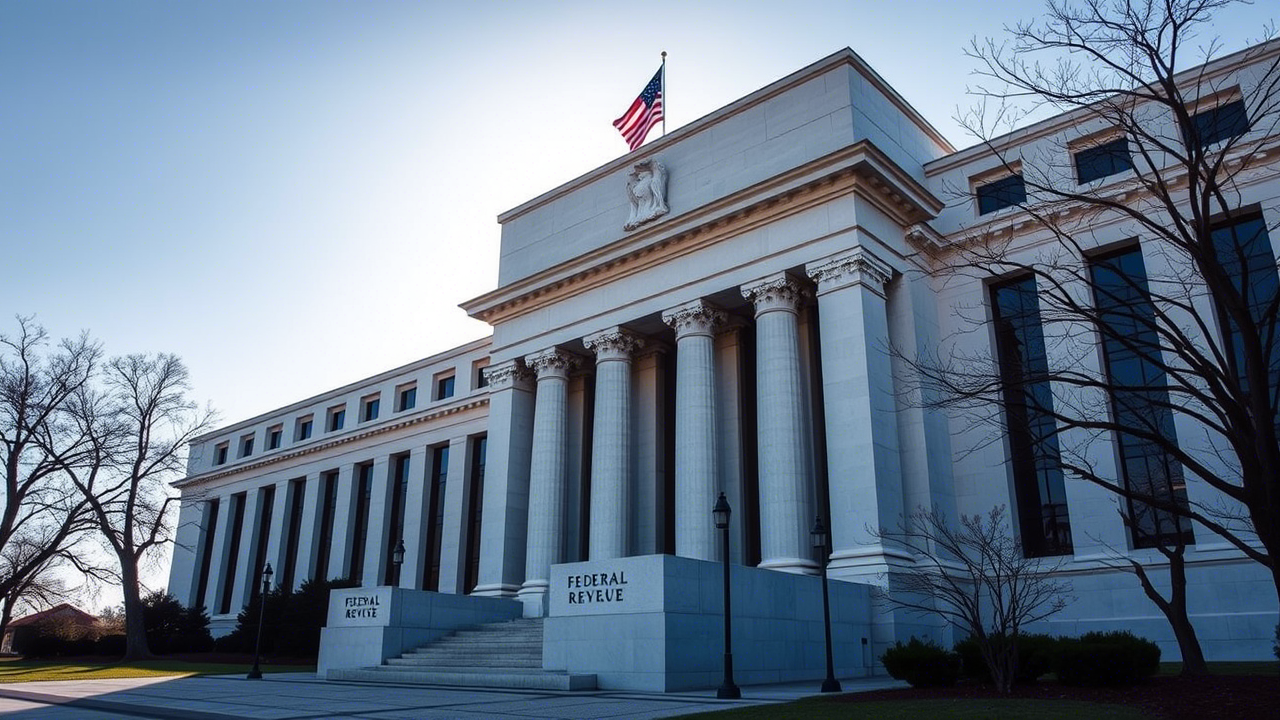The U.S. Federal Reserve has announced that it will no longer consider “reputational risk” in its oversight of banks, dropping the practice from its routine examination process. The move signals a shift away from evaluating financial institutions based on potential public backlash or media scrutiny, narrowing the focus of supervisory reviews to more tangible risks.
The Federal Reserve Board announced Monday that it began revising its supervisory guidance to eliminate mentions of reputation and reputational risk. As part of the overhaul, references in examination manuals and related materials will be replaced, where relevant, with more precise language focused on financial risk, according to an official press release.
To ensure uniform implementation, examiners will receive training aligned with the updated guidance, the Federal Reserve Board said. The Board also plans to coordinate with other federal banking regulators as needed to support consistent supervisory practices across institutions under its oversight.
Related: Judge Allows Insider Trading Lawsuit Against Coinbase Execs
The Board’s expectations for banks to maintain strong risk management practices, ensure safety and soundness, and comply with laws and regulations remain unchanged. This update is not meant to affect how supervised banks manage reputational risk within their own frameworks.
Reputational risk refers to the potential loss a company or financial institution may face due to damage to its public image or reputation. This can result from negative publicity, scandals, regulatory actions, or other events that undermine trust among customers, investors, and the broader public. In the banking sector, reputational risk can impact a bank’s ability to attract and retain clients, secure funding, and maintain overall business stability.
As the Federal Reserve shifts its supervisory focus, the move reflects a broader trend toward emphasizing tangible financial risks over subjective measures. This change may prompt banks to reevaluate how they address non-financial risks internally, balancing public perception with core financial stability.
Related: Pure Fantasy to Delay: Lummis Joins White House CLARITY Push
While the decision marks a significant adjustment in regulatory oversight, it also spotlights the evolving nature of risk management in an increasingly complex banking environment. Stakeholders across the industry will be watching closely to see how this policy shift influences both regulatory approaches and the strategic priorities of banks moving forward.












